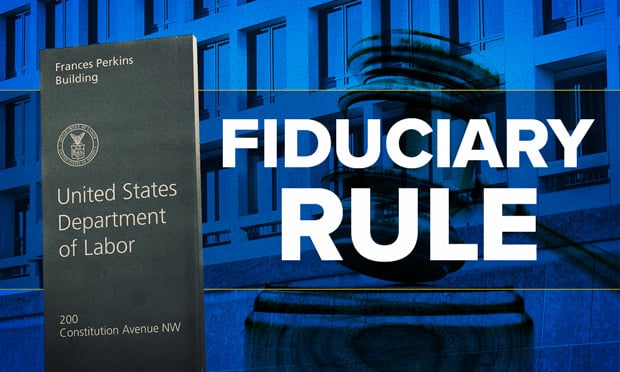Turning 30 just got a lotscarier.
|A coming collapse in investment returns means that people thatage today will have to work seven years longer or save almost twice as much toend up with the same nest egg as those of roughly a generationago.
|So says the research arm of McKinsey & Co. ina new report that argues that investors ofall ages need to resign themselves to diminished gains.
|The consulting company maintains that the last 30 years havebeen a “golden era” of exceptional inflation-adjusted returnsthanks to a confluence of factors that won’t be repeated. Theyinclude falling inflation and interest rates, swelling corporateprofits and an expanding price-earnings ratio in the stockmarket.
|The next two decades won’t be nearly as lucrative, even on theoptimistic assumption that the world economy snaps out of itsrecent funk and resumes growing at a faster clip, according to theMcKinsey Global Institute report titled “Diminishing Returns: WhyInvestors May Need to Lower Their Expectations.”
|“We’ve had a wonderful 30-year period in terms of returns, waymore than the 100-year average,” said Richard Dobbs, a McKinseydirector in London. “That era is coming to an end.”
|Bond investors have already reaped much of the benefits fromdeclines in inflation and interest rates from the sky-high levelsthat prevailed in the 1970s.
|Tougher road
|U.S. and European corporations, meanwhile, will find it harderto boost profits in the face of stepped-up competition fromemerging-market rivals and from smaller businesses able to tap intothe global market through the Internet, Dobbs said.
|It’s not only 30-year-olds and otherindividual investors who’ll be hurt if McKinsey is right about theoutlook. Pension funds and university endowments also have reasonto worry, Dobbs said.
|The roughly $1 trillion funding gap confronting U.S. state andlocal retirement plans could triple if McKinsey’s more pessimisticprojections pan out, he said. U.S. college endowments could be outas much as $19 billion per year, he added.
|Two paths
|McKinsey sets out two paths for the economy and financialmarkets over the next 20 years in its report. In the slow-growthscenario, U.S. gross domestic product expands by an average 1.9percent per year, while growth in other major economies is 2.1percent. Returns in that case are well below the average of the1985 to 2014 period.
|In the recovery scenario, U.S. growth matches the 2.9 percentaverage of the last 30 years while non-U.S. GDP rises 3.4 percent.Returns still fall short of the golden era when inflation andinterest rates were falling and profit margins were expanding.
|The McKinsey study focuses on U.S. and Western European stockand bond markets and doesn’t take investments in emerging marketsinto account, largely because of a lack of reliable long-termdata.
|“We are entering a period of much lower returns,” Dobbs said.“That’s going to have some quite extreme consequences for all typesof investors.”
|Copyright 2018 Bloomberg. All rightsreserved. This material may not be published, broadcast, rewritten,or redistributed.
Complete your profile to continue reading and get FREE access to BenefitsPRO, part of your ALM digital membership.
Your access to unlimited BenefitsPRO content isn’t changing.
Once you are an ALM digital member, you’ll receive:
- Critical BenefitsPRO information including cutting edge post-reform success strategies, access to educational webcasts and videos, resources from industry leaders, and informative Newsletters.
- Exclusive discounts on ALM, BenefitsPRO magazine and BenefitsPRO.com events
- Access to other award-winning ALM websites including ThinkAdvisor.com and Law.com
Already have an account? Sign In
© 2024 ALM Global, LLC, All Rights Reserved. Request academic re-use from www.copyright.com. All other uses, submit a request to [email protected]. For more information visit Asset & Logo Licensing.








